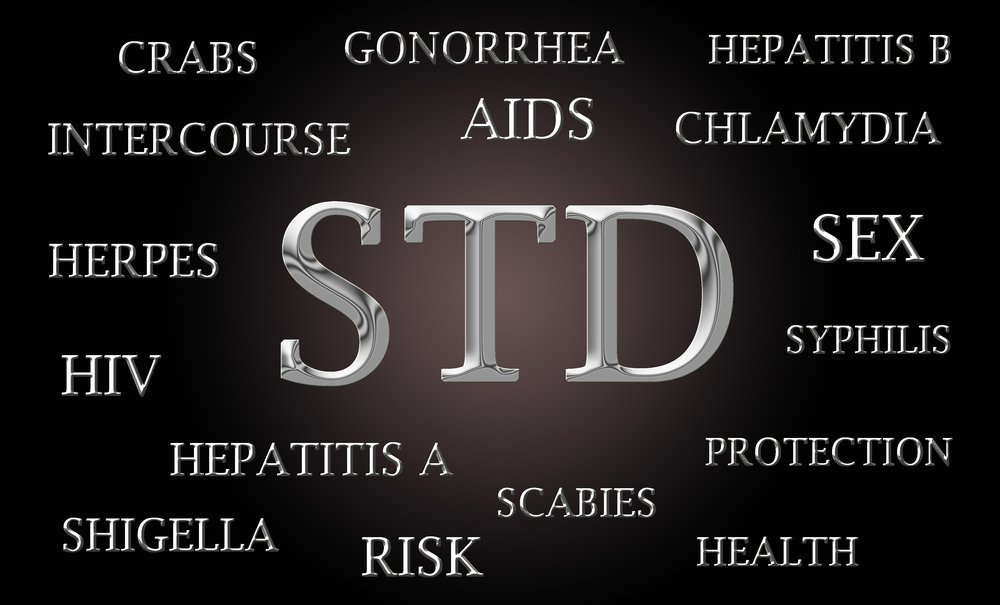According to recent reports, the rate of Sexually Transmitted Diseases (STDs) in the UK has been on the rise in the recent past, with young people being at the highest risk of contracting these diseases. Globally, there are around 376 million new cases of STDs every year. While sex abstinence is the only sure way to avoid STDs completely, most people find it to be impractical to avoid sexual relations. Fortunately, Common STDs are preventable, and early diagnosis helps greatly in effective treatment. Here some of the best ways to protect yourself against Sexually Transmitted Diseases.
- Practice Safe Sex
Every time you have a sexual encounter, you must ensure that you practice safe sex. This would mean bringing safe sex supplies such as dental dams, condoms, and other necessary barriers for your intimate contacts. Although these supplies do not prevent STDs entirely, they help to control the risk of contracting the diseases.
- Communicate with Your Partner
From the beginning of an intimate relationship with your sexual partner, you should be able to have an open talk on your relationship status. This includes discussing the need to practice safe sex and to go for STD testing. You might also want to know whether your partner is sexually exclusive and the importance of being intimate under a monogamous setup. Communicating with your partner not only reduces your risk of contracting STD but it also significantly improves your sex life.
- Go for STD Testing
Even when you consider yourself to be at low risk of an STD, you and your partner need to go for testing before getting intimate. If one of you is at a higher risk of contracting an STD, then regular testing is crucial. Your doctor may recommend treatment if you are found to be at risk of any sexually transmitted disease. In such instances, you should consider refraining from engagement in sexual activity.
- Have a Monogamous Sexual Relationship
A monogamous sexual relationship refers to having sexual engagements with only one partner. One advantage of engaging in such a form of sexual contact is that you reduce the chances of transferring an STD to your partner. However, this benefit is built on the idea that the two of you tested negative when starting the relationship. While a monogamous sexual relationship may be an ideal way of protecting yourself against STDs, it is vital to know that one of the sex partners may be the cause of these diseases even after testing negative on the onset of the relationship. This is because STD tests are not 100% accurate, and certain conditions, such as herpes, may remain undetected for years.
Treatment of Common Types of Sexually Transmitted Diseases
STDs are treated differently depending on the nature of each disease. Here is an overview of how some of the most common STDs are treated.
- Chlamydia
Chlamydia is one of the most common bacterial STDs in the UK. Treatment involves the use of antibiotics, which are administered by either injection or taken orally.
- Gonorrhea
Just like chlamydia treatment, gonorrhea is treated by the use of antibiotics. Most health care providers will treat you for both gonorrhea and chlamydia since the two diseases often occur together.
- Human Papillomavirus (HPV)
HPV is incurable. However, most HPV infections are preventable by vaccination.
- HIV/AIDS
HIV/AIDS is probably the most well known STD. While the disease is incurable, HIV/AIDS can be treated by the use of antiretroviral drugs combined with active antiretroviral therapy. This form of treatment brings the virus under control by boosting one’s immune system. This way, victims can live with the illness and have almost no chance of passing it on.
- Syphilis
Syphilis is treatable by the use of antibiotics. Treatment requires patients to refrain from sexual relations to avoid the further transfer of the bacteria. If not treated in its early stages, syphilis can be fatal.


